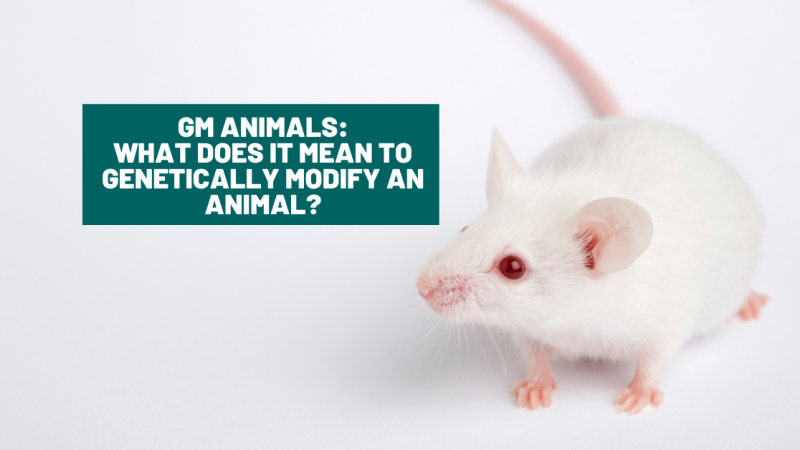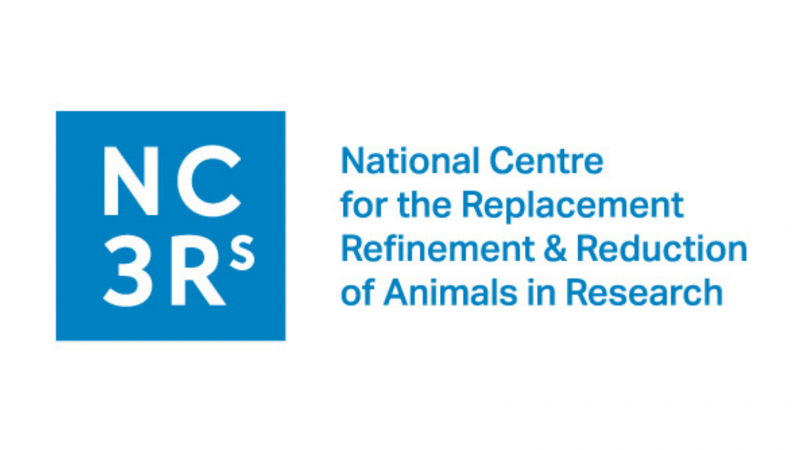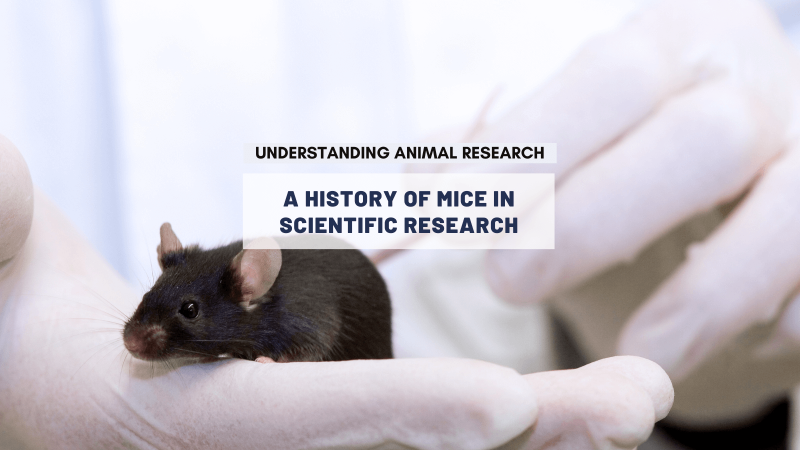In some respects public perceptions of new technologies are more positive in the UK than in the USA, but this is not always the case. Witness the resistance in some quarters to GM plants, resistance has prevented much progress. This week saw the launch of a new ‘consumer guide’ by Sense About Science to GM plant science, calling for more … sense.
When UK consumers can see clear benefit from a technology this often outweighs small hypothetical risks in the public mind. Conversely, the USA seems much more risk averse for medicines, but has no problems accepting GM crops although people have been slower to appreciate what the benefits are.
The US Food and Drug Administration last week approved the first medicine made with materials from genetically engineered animals. CBC News said it cleared the way for a new class of medical therapies, athough the medicine received European approval back in 2006.
ATryn is made using milk from GM goats that produce extra antithrombin, a protein that acts as a natural blood thinner. It is approved for patients with a rare hereditary disorder that causes a deficiency of antithrombin, putting them at higher risk of deadly blood clots. About one in 5,000 don't produce enough and their blood cells are more likely to stick together, occasionally causing clots that can travel to the lungs or brain, causing death.
Pregnant women with the disorder are at higher risk of miscarriage or stillbirth, because of blood clots in the placenta. ATryn is only approved for use when patients are getting surgery or having a baby, times when the risk of dangerous clots is particularly high. They receive it by intravenous infusion for a limited time before and after their procedures.
Atryn was one of the case histories in our report Medical Advances and Animal Research. Similar drugs could be available in the next few years for a range of human ailments, including haemophilia.
To make Atryn, scientists put DNA for the human antithrombin protein into goat embryos, which were then inserted into the wombs of surrogate mothers. The milk from thse offspring produce the protein-charged milk.
US consumer groups have raised fears about the potential impact of genetically engineered animals on the environment – particularly in the unlikely event that they escape and mate with animals in nature. This has echoes of the shrill GM crops debate in the UK, but is not quite as daft as the claim that medicines developed from animal research don’t work because animals are too different from people.
If goats can produce a human protein in their milk to treat a serious medical problem, this is one more piece of evidence against the silly antivivisection ‘species differences’ claim.
Last edited: 7 April 2022 14:35



